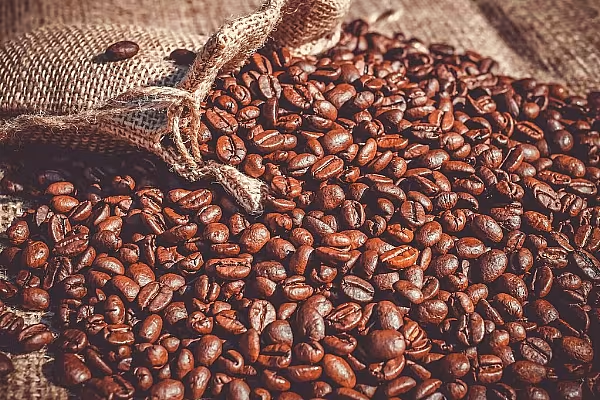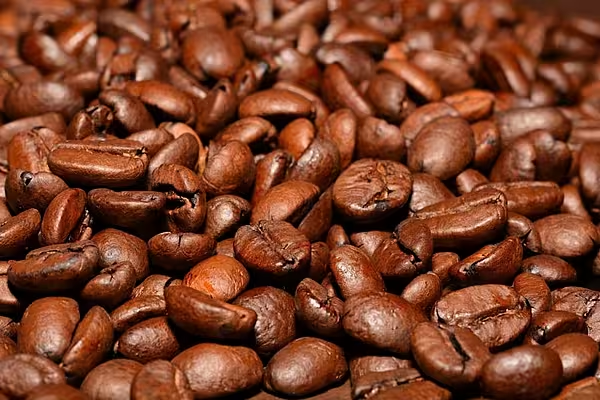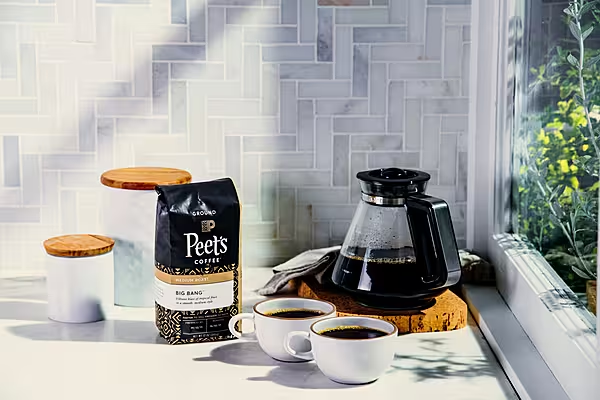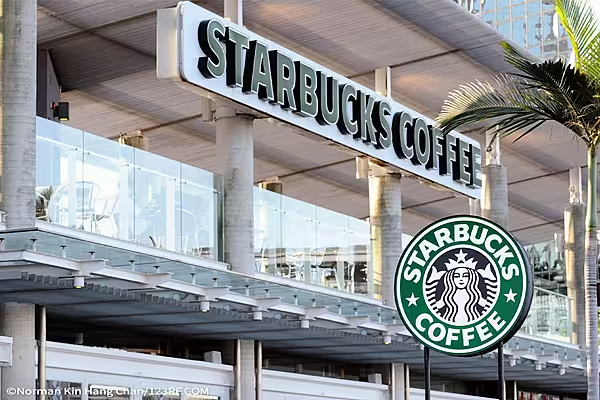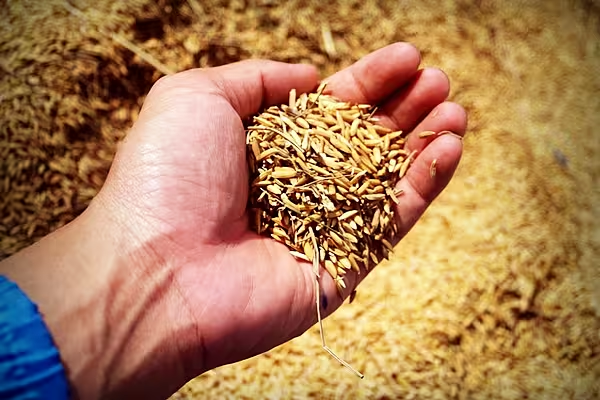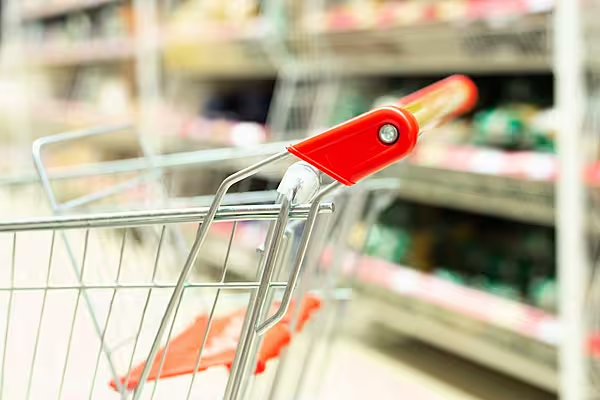South American coffee growers may delay harvest this year and limit the number of workers they employ as the coronavirus pandemic continues to spread, threatening to reduce this year's crop of export-quality beans.
The pandemic has killed more than 250,000 people and upended food production worldwide. Meat processing plants where outbreaks have occurred are closed; truckers have curtailed deliveries for fear of infection, and farmers are destroying crops that they cannot get to consumers.
Labour Intensive
Harvesting is the most labour-intense component of coffee production. Colombia and Brazil, which produce 65% of global arabica, the premium grade of coffee, will need around 1.25 million people, according to growers associations.
They, along with Peru and Ecuador, rely on temporary workers for field work.
Farmers, coffee traders and importers in top-consuming countries are concerned that the virus has not peaked in either Brazil or Colombia, and bringing workers together for harvest risks worsening the outbreak.
Specialty coffee trader Caravela Coffee conducted a phone poll with hundreds of associated growers in Peru, Ecuador and Colombia late in April. Most of them said they expect difficulties in hiring workers, adding that they might see losses of up to 10% in the production of export-quality arabica.
High-end coffee brands such as Starbucks, Nestle-owned Nespresso and Italy's Illycaffe prefer washed arabica beans, while robusta, produced mostly in Vietnam, is widely used for instant coffee. Robusta's harvest is over, but arabica picking is just beginning in South America.
In Brazil and Colombia, local governments have exempted some workers from restrictions on movement in order to avoid hurting food production, including coffee or port operations. Coffee deliveries rose 2.4% in March in Brazil, the latest month for which data is available, though exports are expected to have declined since. Prices rallied in March before declining nearly 10% in April.
Delay Harvest
Some officials have asked producers to delay the harvest for at least a month, which is not desirable if they want to pick the coffee cherries - the fruit that contains the beans - when they are ripe, a prized quality aspect for arabica.
Harvesting the beans later when they are dry still makes good coffee, but not the top export quality sought by mainstream roasters.
"It has been hard to find protection equipment. We will start the harvest, but if people start to get sick I will stop
and resume later," said producer Thiago Motta, owner of Jatoba farm in the Cerrado region of Brazil's Minas Gerais state.
News by Reuters, edited by ESM. Click subscribe to sign up to ESM: European Supermarket Magazine.
